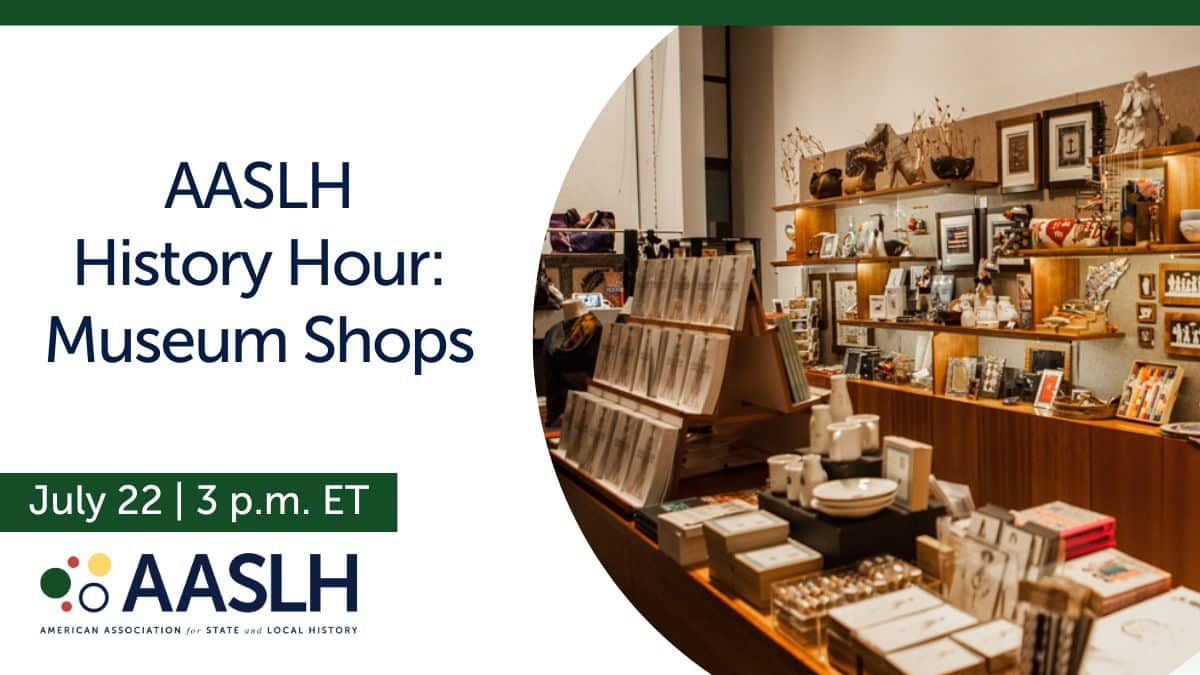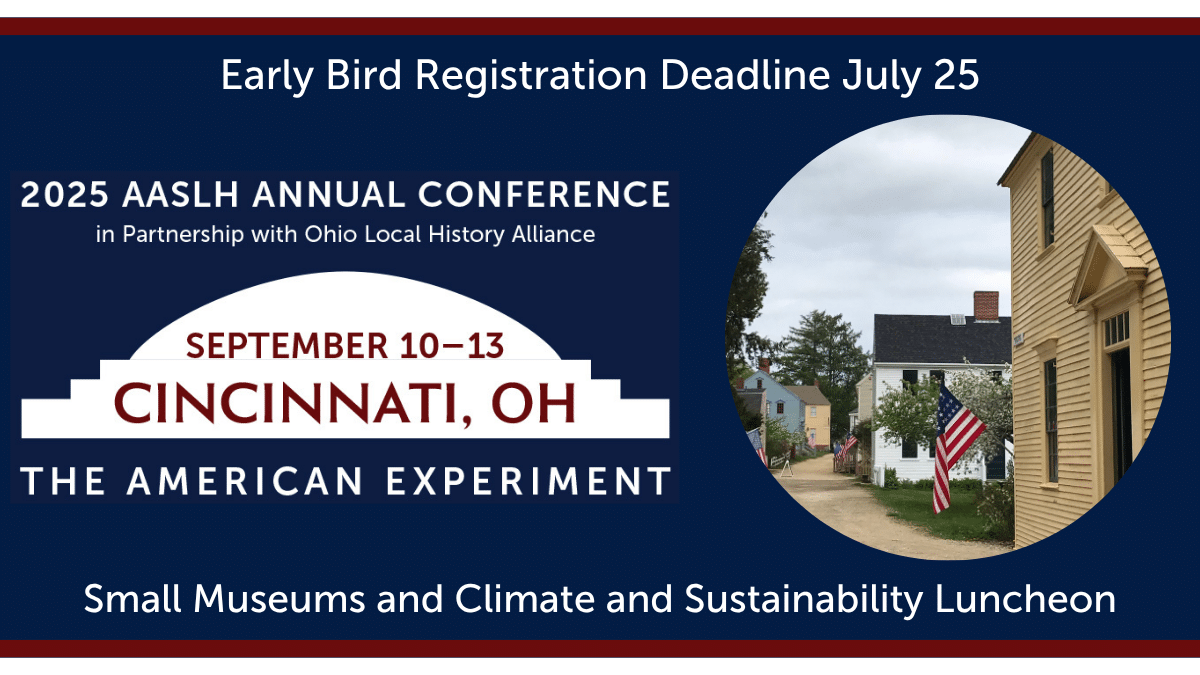
It was my first interview. I had eagerly prepared, going over all the projects I had produced from internships. I had a Cultural Landscape Report, an interpretive plan, and how I had discovered that two bodies were mistakenly identified in government records. When the interview began, I was asked: “Do you have experience with heavy machinery? Have you ever been responsible for handling money? What is a marketing strategy you have used in the past?” I was caught off guard, and realized I needed to readjust my future interview strategies. During my internships and time in graduate school, my internships heavily focused on the research aspect of history and historic site planning. While important, it represents a very small portion of daily work. Running a museum on the practical level is not so different from a business.
Except for some of the largest historic sites and museums, there is a good chance that many students will end up in smaller historic sites and operations. Maybe one or two full time people and perhaps a few volunteers or part time staff to supplement. This small staff situation is going to create some unique experiences and opportunities for the aspiring public historian but could also create some issues as you navigate the twists and turns of the interview process. In short, this blog post is going to offer some advice on seeking out experiences beyond public history. Not only will extra experience make you a more attractive candidate, it also demonstrates a willingness to work outside of your comfort zone, and provide opportunities outside of the public history field should you decide to switch in the future.
Grounds Maintenance/Mechanical Know-How
After Hurricane Matthew I was faced with a challenge I had never encountered. Across one of our trails, a massive fallen pine tree had to be removed. How this was going to happen became readily apparent as I was told to grab the keys for one the park’s two tractors. I had never learned how to drive a manual vehicle, much less a tractor. Fortunately I am a quick learner and I was able to operate a large piece of machinery, but it was the first thing that made realize “I never did this in graduate school.”
Grounds work can be rewarding, expensive, and time consuming. As the first thing a visitor will see, it is also an important part of making your site a welcoming one. To this end, it is a good idea to spend some time getting down and dirty, familiarizing yourself with grounds maintenance equipment and repair. This is just one of many extra skills that you can offer to a site, possibly saving money on having to contract it out in the future.

The author clearing paths
Marketing
“If only people knew we existed, they would visit!” There is a fatalism to that phrase that always bothered me. It essentially dooming your historic site to obscurity with no fight. Through my own experience, I found it sadly common among professional public historians and local communities. It is going to be your job as the interpreter or executive director to make people know about you. This means utilizing all your resources, from local fliers and newsletters to social media. Social media is something in particular that smaller historic sites do not have a great grasp on. Social media is not only a great sharing tool; it is also one of the most cost efficient ways to reach a large audience (read: free). If possible, try to participate in some museum or event marketing, and then in future interviews, you will be able to talk about what did and did not work when trying to attract audiences. Try to obtain audience numbers from previous events or months and see if you can demonstrate an increase from your efforts. In seven of my eight interviews, I was specifically asked how I would market the historic site in question.

Administrative
While administrative work is often mundane and not specific, it is going to be a large part of any job, and developing an efficient system of data management and familiarizing yourself with databases and paperwork would be beneficial but is again, not often something that you do much of in graduate school. From personal experience, I noticed a greater degree of interest in my resume after I began including my time as a “shift manager” at an ice cream shop in high school.
As historic sites move into the 21st century, there is a focus on new strategies for keeping them relevant, and the work of organizations like AASLH is critical making sure this information is disseminated. However, all of this must be grounded in a solid management background. More and more sites are looking for executive directors that can do it all. There are plenty of recent graduates who are familiar with the latest and greatest interpretation strategies, but you can make yourself stand out by diversifying your experience.



